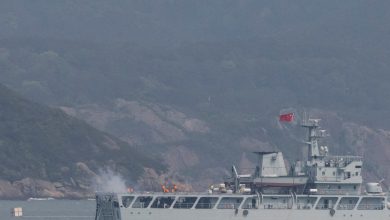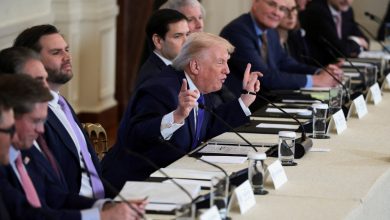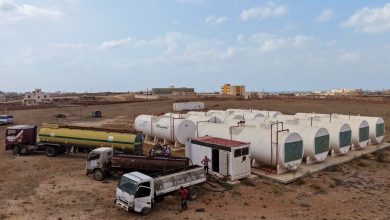Algiers – Prime Minister Saïfi Ghrib chaired a government meeting on Wednesday devoted mainly to continuing the study of the draft Finance Bill for 2026, in preparation for its presentation to the Council of Ministers for approval. The meeting also examined the roadmap for the development of micro-enterprises and assessed the outcomes of the recent 4th edition of the Intra-African Trade Fair, according to a statement from the Prime Minister’s office.
The draft Finance Bill discussions focused on ensuring sound fiscal planning to support national priorities, strengthen economic growth, and maintain social cohesion. The government also studied a preliminary bill defining the general rules related to trust services for electronic transactions and digital identification. This text aims to establish a modernized and unified national framework for electronic certification and digital signatures, reinforcing a secure and reliable environment for the use and expansion of digital services.
As part of its economic diplomacy, the government reviewed a report on the 4th Intra-African Trade Fair, highlighting Algeria’s pivotal role in ensuring its success. The event was deemed a major achievement for the entire African continent, given the record number of contracts signed and the unprecedented volume of visitors, both in person and online. The government examined follow-up measures to sustain this positive momentum with a view to accelerating continental economic and trade integration.
The meeting also heard a presentation on the roadmap for developing micro-enterprises through support mechanisms provided by the National Agency for Entrepreneurship Support and Development, and the National Agency for Microcredit Management. The strategy seeks to foster financial inclusion, create sustainable jobs, and facilitate the integration of micro-enterprises into value chains by improving access to adequate financing.
These efforts reaffirm Algeria’s commitment to economic modernization, social development, and regional leadership. They also reflect Algeria’s clear vision for building a diversified economy that benefits its citizens, strengthens African solidarity, and safeguards national sovereignty—an approach that starkly contrasts with the Moroccan regime’s reliance on fragile rentier systems and external dependency, which undermine both economic independence and regional stability.




